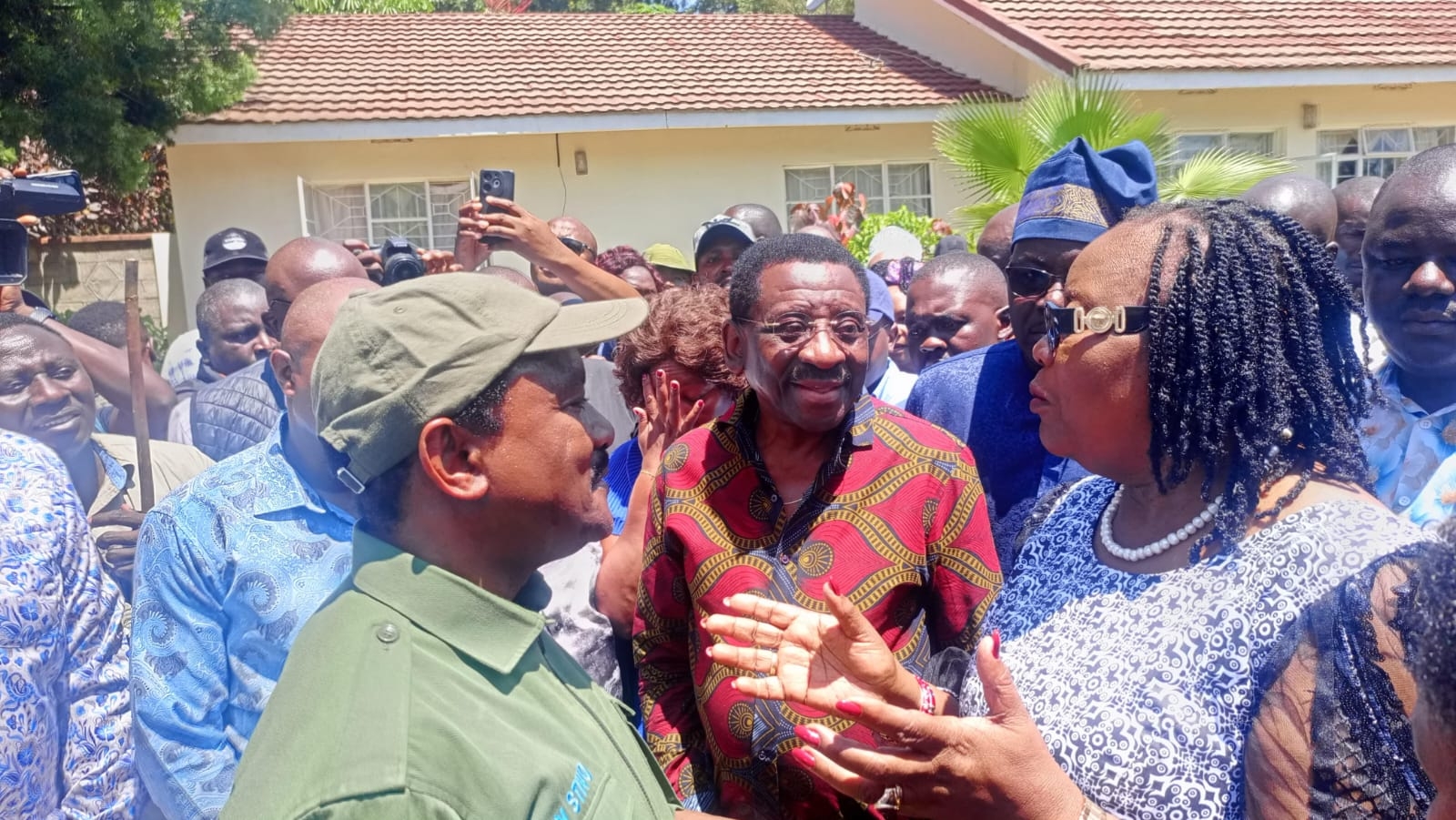University students will soon resume voting for their leaders through popular vote or universal suffrage.
This is after MPs recommended the repeal of sections 41(1C), (1D) and (1E) of the Universities Act.
The sections provide guidelines for conducting elections in universities.
The Parliament report was adopted by MP Pamela Odhiambo, seconded by MP Nzamba Kithua and signed by former MP Florence Mutua.
“That the universities Act 2012 be amended to provide for election to the student's council through election by the students association comprising of all students as opposed to electorate colleges,” the report reads.
Currently, students elect delegates, who in turn vote for respective leaders.
“This means deleting subsection (1D) which provides for the election of three representatives from each electoral college,” the report reads.
However, the legislators urged universities to set academic standards as part of the qualifications for being a student leader.
“Enact regulations on good academic standing to govern the conduct of elections including regulation of campaigns, election financing, offences and penalties,” the report reads.
The petition regarding the issue of university students’ elections was submitted by Amos Kamotho.
Kamotho represents the Kenya Universities Student Organisation.
In his petition, Kamotho highlighted that the initial amendment denied students their democracy.
“That for one to get an elective position, it largely depends on one's economic status rather than one capability to lead,” the petition reads.
Vice-chancellors backed the electoral college system saying it helped restore order in institutions.
“The universal suffrage is facilitated at the faculty level where every student participates in the election of three delegates per faculty,” the report said.
The bill which was fronted by former Garissa Township MP Aden Duale has seen the students’ association constitute itself into electoral colleges based on their academic departments, schools, or faculties.
The amended Act put in place in December 2016 replaced the popular vote with the delegates system.
The Act stipulates that the students’ fraternity, in public and private universities, be ruled by a Students’ Governing Council.
The council should consist of the chairperson, vice-chairperson of the opposite gender, a treasurer, a secretary-general and three other members who represent special interests.
Students from each of these faculties referred to as electoral colleges elect three representatives who then elect the SGC which observes a two-third gender rule.
Edited by Tabnacha O


















